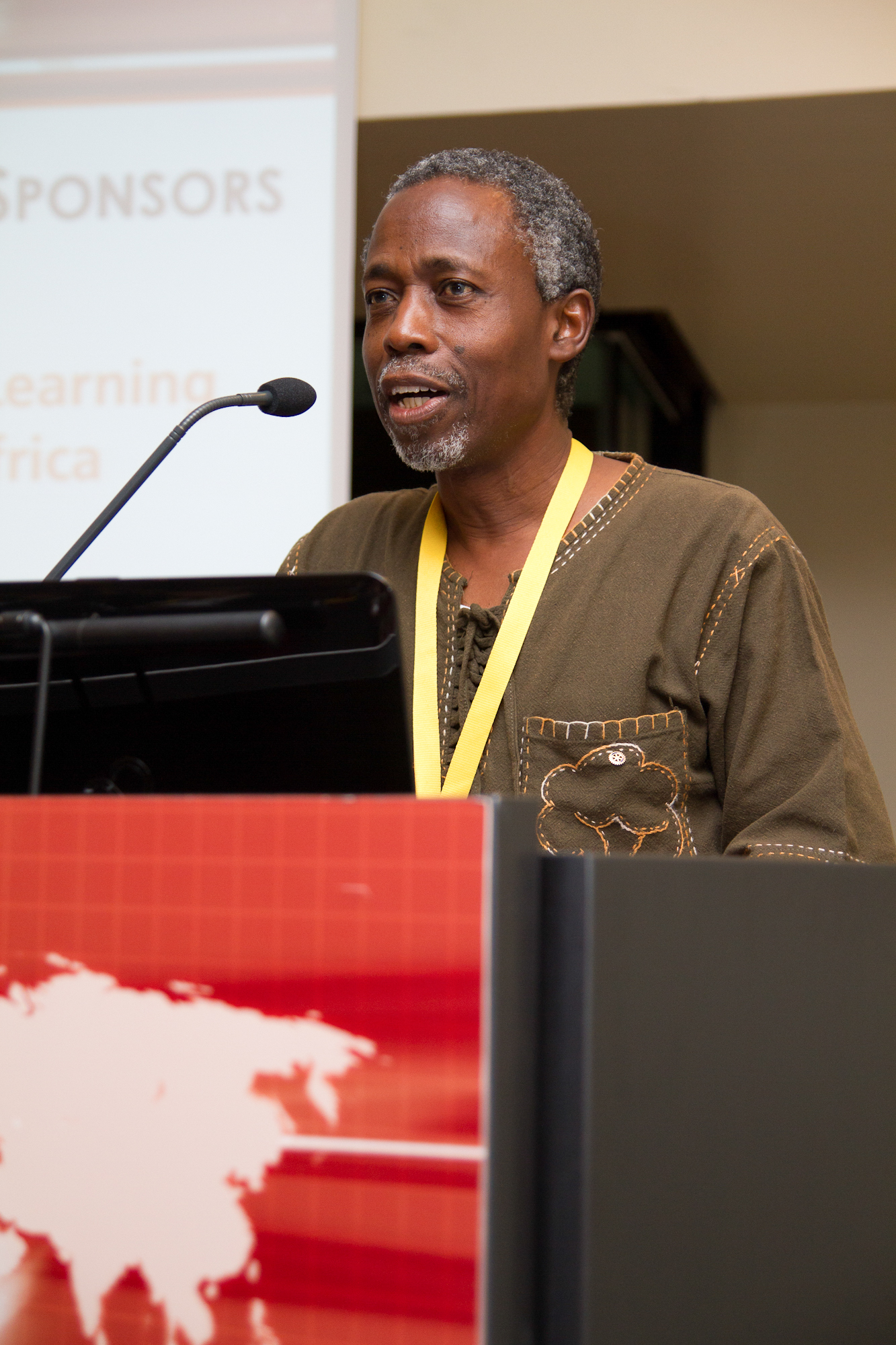Q&A with Dr. F F Tusubira, CEO of the UbuntuNet Alliance
Cambridge, UK | 10 January 2013
 With the recent and highly anticipated launch of the regional component of the high-speed UbuntuNet network, CONNECT magazine caught up with Dr. F F Tusubira, CEO of the UA to find out his thoughts on the network, the first of its kind in Africa, and how it is connecting scientists and academics throughout Southern and Eastern Africa to each other and to peers in Europe.
With the recent and highly anticipated launch of the regional component of the high-speed UbuntuNet network, CONNECT magazine caught up with Dr. F F Tusubira, CEO of the UA to find out his thoughts on the network, the first of its kind in Africa, and how it is connecting scientists and academics throughout Southern and Eastern Africa to each other and to peers in Europe.
For the full article please see the January issue of CONNECT. Here you can read what Dr. F F Tusubira thinks about:
Data networks and the benefits they bring to society:
“ICT is not about technology: it is about people. We must be able to articulate the relationship between advanced networks, and a six month old baby with a hole in the heart, who can receive open-heart surgery in Uganda because an expert surgeon say in South Africa can be virtually present. Or advanced collaborative research that translates plants occurring naturally in the African tropical forests into medicines that can address diseases such as malaria, (which can take more lives than 9/11 without mention in the press).
And what about the opportunity for African children growing up as natives of the
knowledge economy, who with global access and interaction can become the human resource for a developed Africa? Yes, UbuntuNet – with emphasis on Ubuntu – is about people, mutual support, and development.”
Improving connectivity to Europe and the development of ICT in Africa:
“Connectivity benefits both Africa and Europe. Africa is a rich resource of intellect that will be tapped into by many European institutions, both profit and non-profit. It is a rich source of genetic resources. It provides the large quiet spaces for deep space research, i.e. the SKA. Africa has especially demonstrated the rich creativity when the barriers of legacy systems are non-existent: the many mobile applications developed in Africa are a clear demonstration of this.
Advanced connectivity will provide immediacy of access to ICT along with the opportunities for exploiting or improving these. Best practices will be more easily accessed and utilised. Human networks around ICT will expand into Africa and IT-enabled services and industry will start developing. As these develop, more technically competent human resource will be required to implement and service the industry, creating a demand for good telecommunications and computer science programmes in local institutions. A virtuous cycle will be created, other conditions being equal.”
Click here to go straight to the full article in CONNECT.
Cambridge, UK | 10 January 2013
 With the recent and highly anticipated launch of the regional component of the high-speed UbuntuNet network, CONNECT magazine caught up with Dr. F F Tusubira, CEO of the UA to find out his thoughts on the network, the first of its kind in Africa, and how it is connecting scientists and academics throughout Southern and Eastern Africa to each other and to peers in Europe.
With the recent and highly anticipated launch of the regional component of the high-speed UbuntuNet network, CONNECT magazine caught up with Dr. F F Tusubira, CEO of the UA to find out his thoughts on the network, the first of its kind in Africa, and how it is connecting scientists and academics throughout Southern and Eastern Africa to each other and to peers in Europe.For the full article please see the January issue of CONNECT. Here you can read what Dr. F F Tusubira thinks about:
Data networks and the benefits they bring to society:
“ICT is not about technology: it is about people. We must be able to articulate the relationship between advanced networks, and a six month old baby with a hole in the heart, who can receive open-heart surgery in Uganda because an expert surgeon say in South Africa can be virtually present. Or advanced collaborative research that translates plants occurring naturally in the African tropical forests into medicines that can address diseases such as malaria, (which can take more lives than 9/11 without mention in the press).
And what about the opportunity for African children growing up as natives of the
knowledge economy, who with global access and interaction can become the human resource for a developed Africa? Yes, UbuntuNet – with emphasis on Ubuntu – is about people, mutual support, and development.”
Improving connectivity to Europe and the development of ICT in Africa:
“Connectivity benefits both Africa and Europe. Africa is a rich resource of intellect that will be tapped into by many European institutions, both profit and non-profit. It is a rich source of genetic resources. It provides the large quiet spaces for deep space research, i.e. the SKA. Africa has especially demonstrated the rich creativity when the barriers of legacy systems are non-existent: the many mobile applications developed in Africa are a clear demonstration of this.
Advanced connectivity will provide immediacy of access to ICT along with the opportunities for exploiting or improving these. Best practices will be more easily accessed and utilised. Human networks around ICT will expand into Africa and IT-enabled services and industry will start developing. As these develop, more technically competent human resource will be required to implement and service the industry, creating a demand for good telecommunications and computer science programmes in local institutions. A virtuous cycle will be created, other conditions being equal.”
Click here to go straight to the full article in CONNECT.
Or Click here to download the complete magazine.

